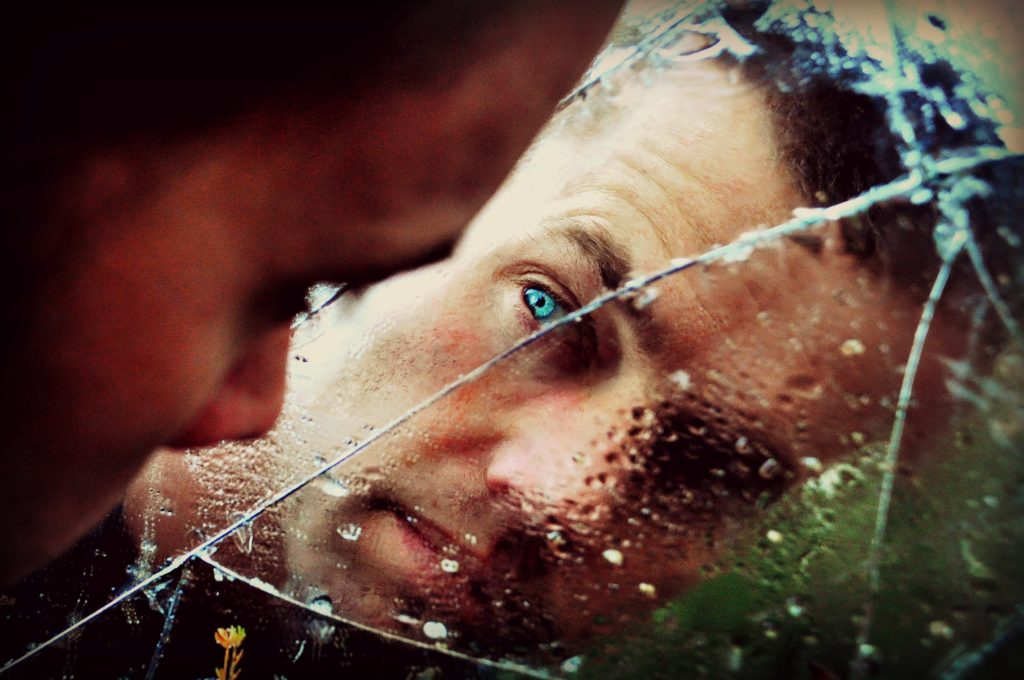
In the media these days, it seems like we hear more and more about people who suffer from sex and porn addiction. Anthony Weiner, David Duchovny, Tiger Woods, Ozzy Ozbourne, and the Ashley Madison leak, are just some the high profile names that have made it to our popular awareness and conversations. But, what about the rest of us who are not necessarily famous, but yet we too may have unhealthy, even dangerous sexual behaviors that occur regularly, and seriously effect our lives and those around us?
Patrick Carnes, the founder of much of our current knowledge of sex addiction defines it as, “any sexually related compulsive behavior which interferes with normal living and causes stress on family, friends, loved ones, and one’s work environment.”
Types of Sex Addiction
Sex addiction can present in people’s lives in many and various ways. Sex addiction is the husband or wife who has had repeated and multiple affairs, even through he or she has been caught, has tried desperately to stop, but simply can not, knowing that the spouse will not continue to remain in the relationship if the behavior does not change. Sex addiction is also the person who pays for sex repeatedly, whether or not supposedly in a monogamous relationship with someone else, frequenting prostitutes is a compulsive behavior for many. Sex addiction can also be seen in people who have been sexually abused and/or traumatized, as they gravitate towards either working in the sex industry by erotic dancing, prostitution, participating in sex videos, online sex acts, or other forms of acting out behavior such as anonymous sex, swinging, group sex, or BDSM. This is not to say ALL people who participate in the aforementioned behaviors have been abused or traumatized, but speaking directly to prostitution, a 1997 research study found that people who are sexually abused as children are 27.7 times more likely than others work in the sex industry. Trauma repetition seems to be the common factor, as other variables such as SES were accounted for. In persons who do not work in the sex industry, but participate in other sexual behaviors such as high risk anonymous sex, group sex, or compulsive sex or masturbation, childhood trauma can also be a precursor to ‘choosing’ one’s sexual behaviors as an adult.
One of the most mainstream and common areas sex addiction presents in our world today is in the compulsive use of technology to view, participate in or find sex via the internet. Internet porn can be highly addictive, and over time, porn negatively effects the brain’s reward system functioning as well as negatively effect relationships. The consequences of internet porn effects all who use it with some regularity; kids, adolescents, men, women, etc. are all negatively effected if the brain becomes accustomed to the stimulation. Some porn images can also serve as trauma to the brain if viewed at a young age or if the porn image is too offensive, such as beastiality or child porn. Regular porn use often begins as a past time with friends or something that is used to ‘get people in the mood’.
Most people I see in my practice have no idea that porn use can cause the problems they end up dealing with, such as increased obsessive or compulsive thoughts and behaviors, disconnection from self and significant relationships, erectile dysfunction, difficulties achieving orgasm, low libido, or the continued escalation of images needed for sexual satisfaction leading into violent or illegal images. The web site, www.yourbrainonporn.com has a wealth of helpful information to explain the details of how porn effects the brain. Some surprising facts regarding internet porn are that in a 2010 study, sexual dysfunctions such as low libido and erectile dysfunctions in men under 40 have increased 1000 % since the onset of free streaming porn. These findings were discovered in meta-analyses with men from their teens to age 40. In 2014, a Max Plank study found that regular use of internet porn basically wears out the brain’s reward system, and more and more stimulation is needed to reach the same perceived reward.
Especially troubling is how porn effects adolescents. In an Italian study in 2015, 16% of teens who use porn once a week report having lower desire to connect with real-life partners and also have lower sexual desire, as compared to non porn users. 25% of regular adolescent porn users in the study also report abnormal sexual responses.
Viewing porn is not the only way technology has negatively effected healthy sexual development over the lifespan, but the internet also provides unhealthy options that can hijack the brain. For instance, sex apps are an easy means to connect with others, oftentimes strangers, to have a sexual liaison. Apps such as Tingle, Pure, or Tinder not only become a compulsive habit for attention, but also quickly become behaviors that remove emotions from sex entirely, by creating anonymous, one-time sex meetings. The use of sex apps can become just as compulsive as viewing porn on the internet. Over time, people find that they post on the apps or on Craigslist, etc., for sex partners, and then compulsively check to see if anyone has responded interest. Postings and anonymous sex meetings happen more frequently as time goes on, usually during times of high stress, anxiety, sadness, or depression, similar to any other process or physical addiction.
Participating in sex acts via the internet with strangers is another way some people become addicted to sexual behaviors. Online sex includes the people who perform sex acts as well as the persons who watch them. Both can ultimately be a form of addiction and/or trauma repetition or esteem validation. People who become addicted watching live sex can spend as much as no money or over $10.00 per minute depending on the live services and communication.
I have mentioned just a few of the most common ways we see sex addiction present today. Sex addiction and its presentation is such a rapidly evolving addiction, due to many factors, but the onset of the internet seems to be a primary factor in its frequency. Also, for some people it is difficult to determine what is healthy sexual experimentation and experience, and what behaviors are on the path to addiction without conscious awareness until damage is done.
Getting Help for Sex Addiction
It is imperative to see a Certified Sex Addiction Therapist (CSAT) if you have questions, concerns, or believe that you need help. If you have questions, please contact the qualified CSAT therapists at Bull City Psychotherapy at 919-382-0288.









